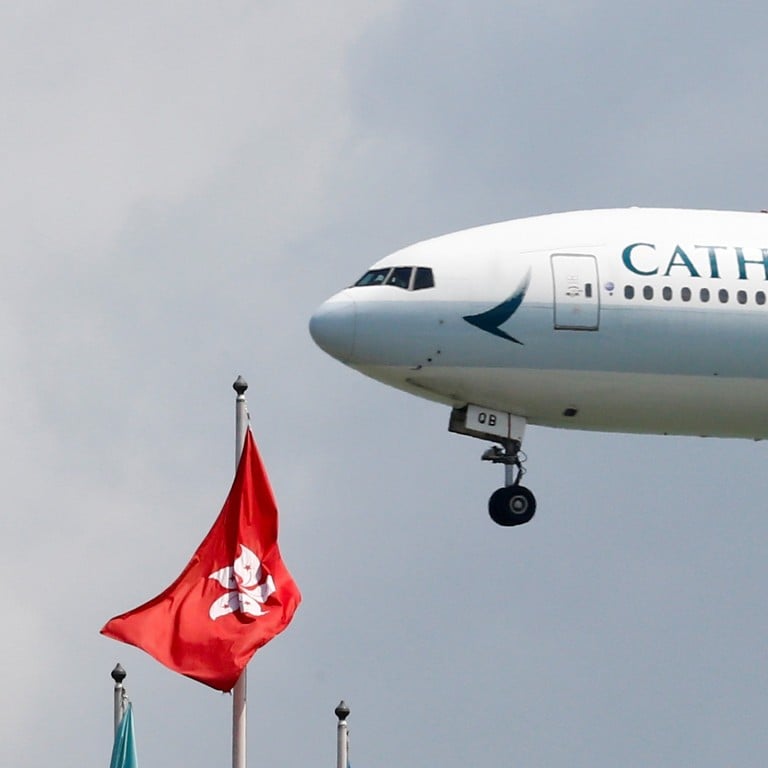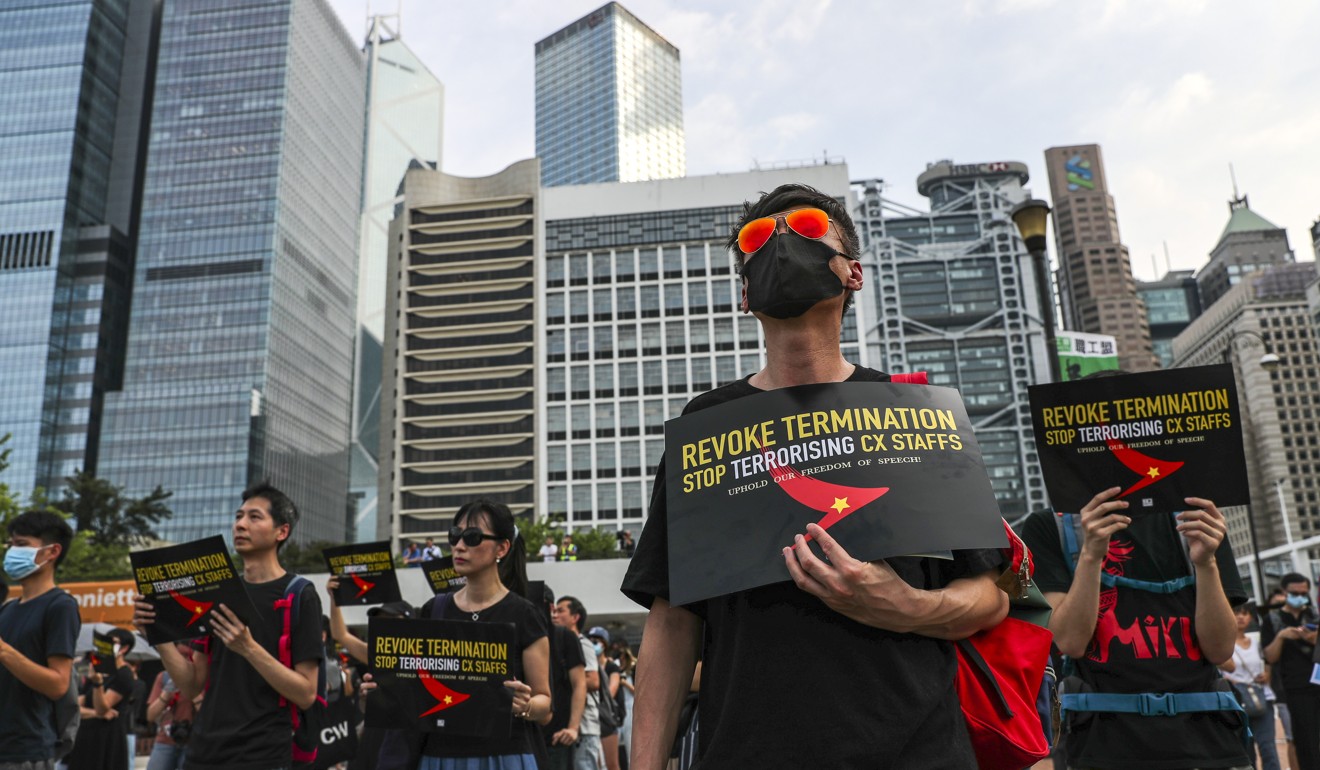
Beijing’s treatment of Cathay is just the start. Welcome to Hong Kong’s future of corporatism
- The philosophy that neither the state nor any other institution has any business dictating people’s political beliefs is reflexive in Hong Kong
- But China’s desire to supervise private enterprises, and their employees, paints an ominous picture of the city’s economic future
In 1558, at the very beginning of her reign, Queen Elizabeth I of England famously declared that she had “no desire to make windows into men’s souls”.
What the 25-year-old monarch meant was that under her rule, people’s religious convictions would be a matter for their own conscience, and would be no business of the state, nor indeed of any corporate body.
Instead of launching an inquisition to root out those whose religious practices differed from her own, as her predecessor and half-sister Mary I had done, Elizabeth set up an established church which had compromise rituals all could live with.
And instead of burning dissidents alive, she simply fined them a shilling (roughly HK$100 in today’s money) should they fail to turn up for Sunday service.
Women on the front lines of Hong Kong’s anti-government protests
No one would exactly call Good Queen Bess a political liberal. She had the heads of far too many potential rivals chopped off for that.
But her liberal approach to religious beliefs paid enormous social and economic dividends. Her 44-year reign was considered a golden age of tolerance and prosperity.
Above all, England was spared the horrors of the wars of religion, which killed as much as a fifth of the French population in the second half of the 16th century, and of the 30 Years’ War, which over the ensuing decades wiped out a third of the German people.
All very interesting, but so what? Well, in an age when few commoners had the vote and the church wielded enormous power, for most people in the 16th century religion was the equivalent of politics today. Their religious beliefs were indistinguishable from their political convictions.
So today, the equivalent of the virgin queen’s aversion to making windows into the soul would be the liberal philosophy that neither the state nor any other institution has any business attempting to dictate people’s political beliefs.
How Hong Kong’s turmoil is driving a wedge between ethnic Chinese overseas
In short order, Cathay’s bosses were informed by the mainland authorities that if they wanted their airline to continue flying over Chinese airspace – in short, if they wanted to remain in business – they had better begin policing their employees’ political opinions pronto.
They had no choice but to comply, ritually sacrificing their chief executive officer (albeit by resignation rather than auto-da-fé) and quickly sacking a number of offending employees, including a union leader, reportedly fired for the political content of her social media posts.
Cathay employees complain about a “white terror”, and they have a good point.
No troops, no concessions, no end in sight for Hong Kong unrest
This means co-opting, corrupting or just plain coercing non-governmental institutions – companies, universities, unions, churches – into superintending the political views of the individuals affiliated to them – whether employees, students, members or worshippers. In a nutshell, other bodies are forced to do a dictatorial government’s dirty work for it, suppressing all dissenters.
This approach is hardly new. In 20th century Europe, it was greatly favoured as a means of political control by the regimes in the Soviet Union, Nazi Germany, fascist Italy and Falangist Spain, as well as in the corporatist autocracy of Antonio Salazar’s Portugal.
Why the extradition bill protests won’t burst Hong Kong’s property bubble
And, of course, it is central to the politics of Xi Jinping’s China, as the current roll-out of corporate social credit ratings demonstrates. In theory, these will rate companies by their compliance with product safety, environmental and other regulations. But no one who has examined the nascent system doubts that it is intended as a means of political control, including over individual employees.
This is what is coming to Hong Kong, and it is troubling on many levels. In addition to the impingement on personal freedoms and the corrosive social effects, you only have to look at the corporatist regimes that survived for any length of time – the Soviet Union, Francisco Franco’s Spain and Salazar’s Portugal – to realise that corporatism is a sure-fire recipe for economic stagnation and decay.

This makes sense. In a corporatist regime, employees are promoted for their political virtue-signalling, rather than for their talent or achievements. And company managers are focused on compliance with inferred political imperatives, rather than on creating wealth.
It’s no good claiming China’s economic rise disproves the argument. China’s great growth interlude occurred when the authorities stepped back from supervising private enterprise. Whenever they have tightened their grip again, growth has slowed.
One country is winning the trade war. It’s not the US and it’s not China
As Elizabeth I could have told China’s leaders, a liberal approach pays off. In 1601, at the very end of her reign, more than four decades after her “windows into men’s souls” comment, she was able to tell the House of Commons of the English parliament: “I do esteem it more than any treasure or riches … this I count the glory of my crown, that I have reigned with your love.”
If only the Communist Party could claim the same. ■
Tom Holland is a former SCMP staff member who has been writing about Asian affairs for more than 25 years

